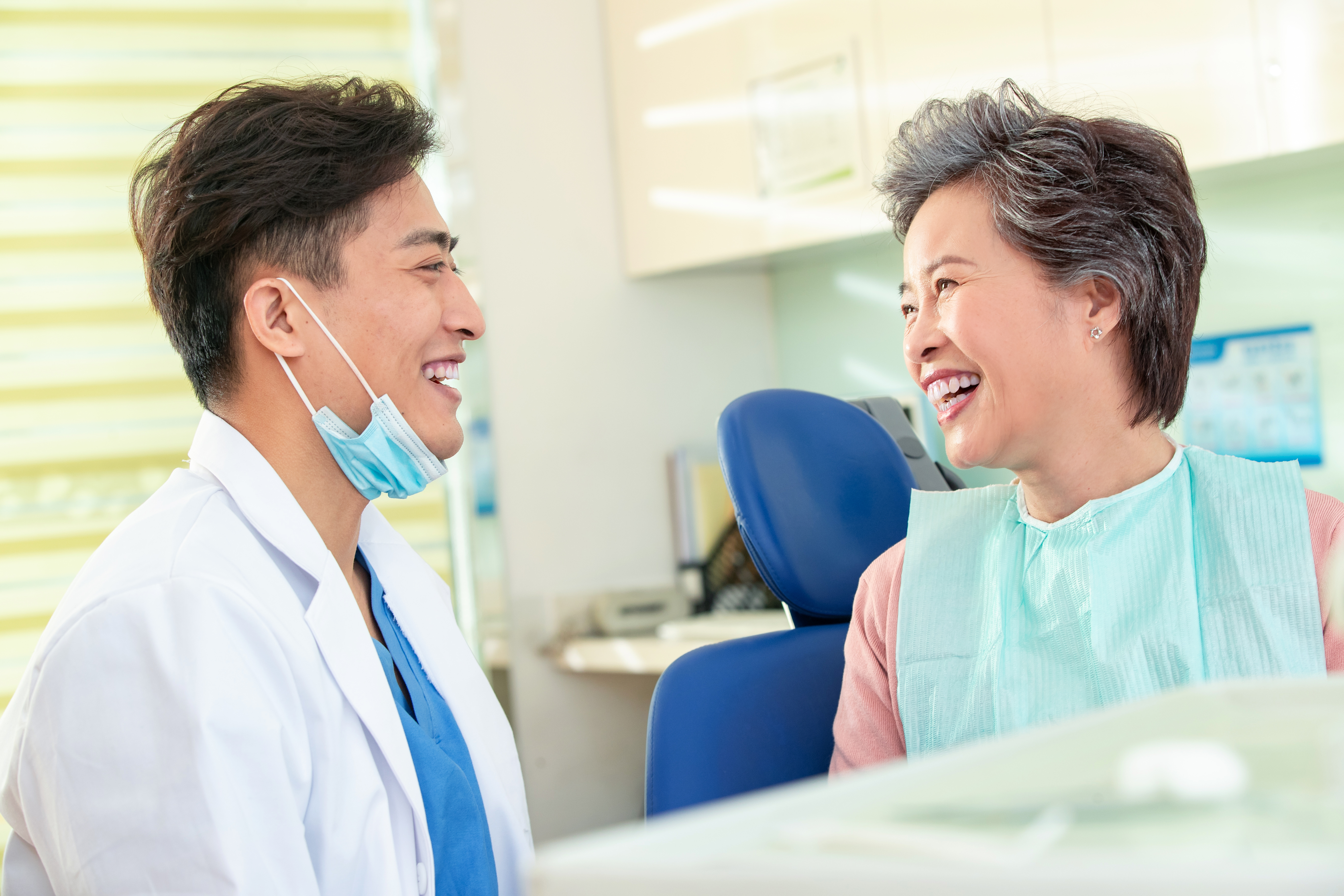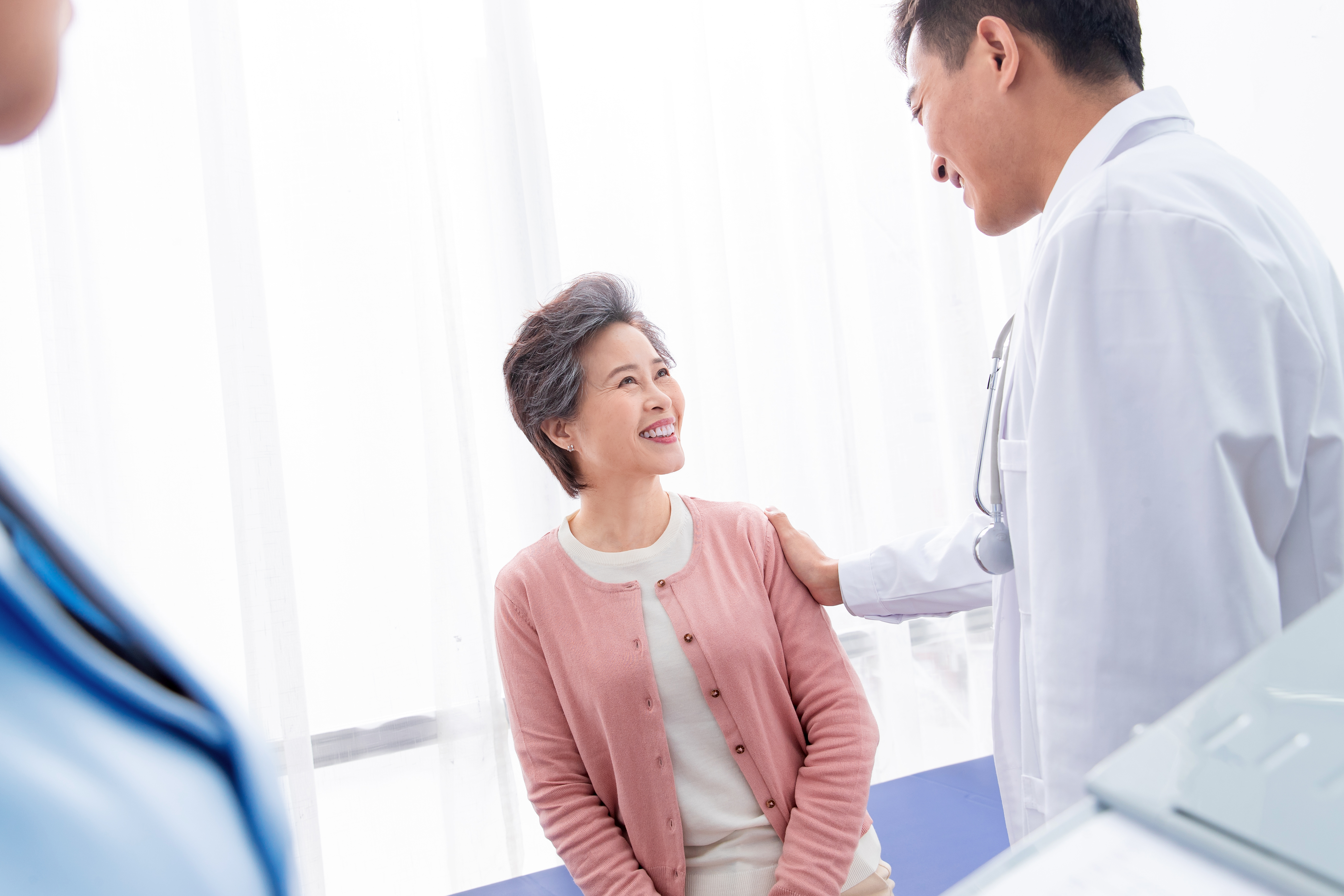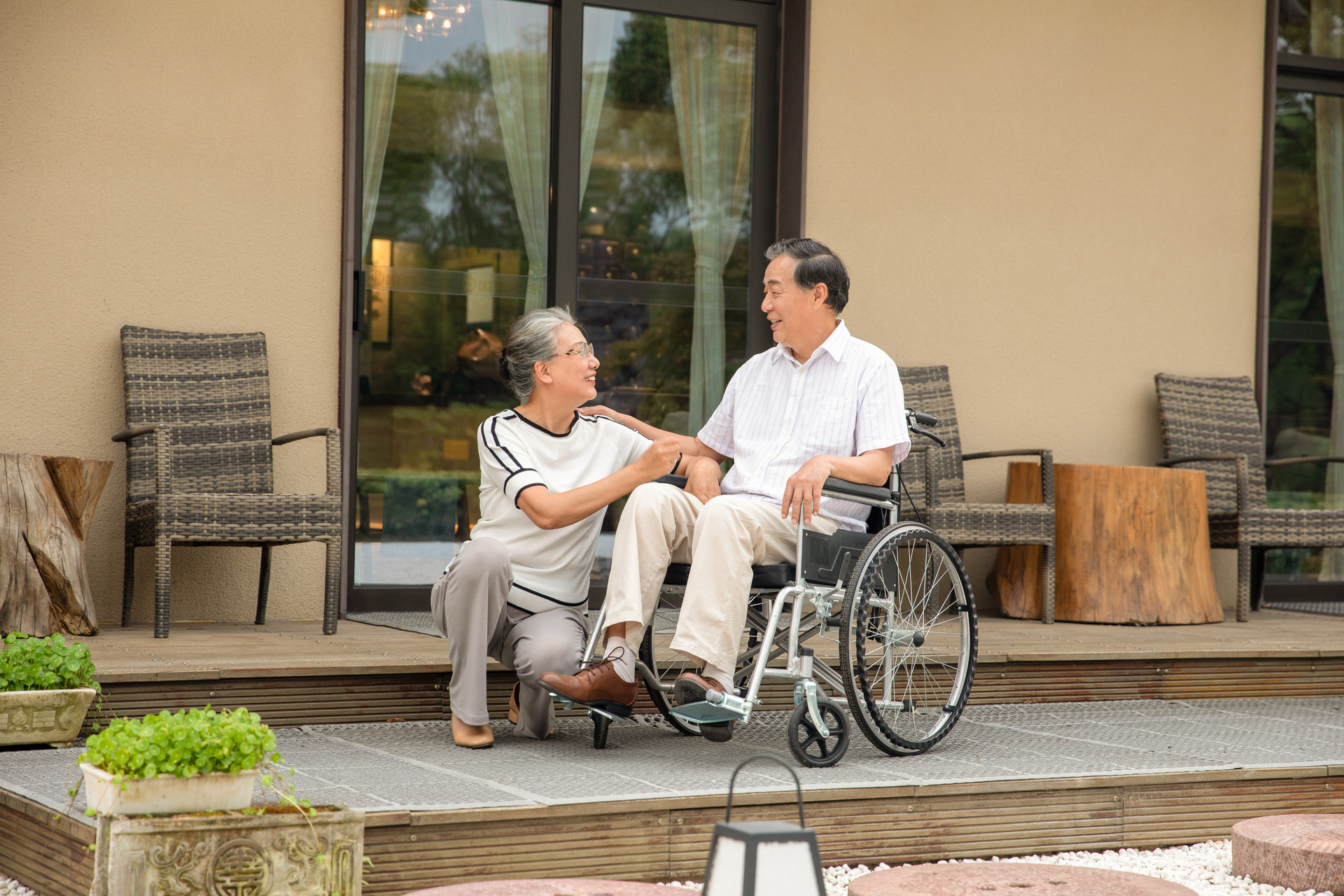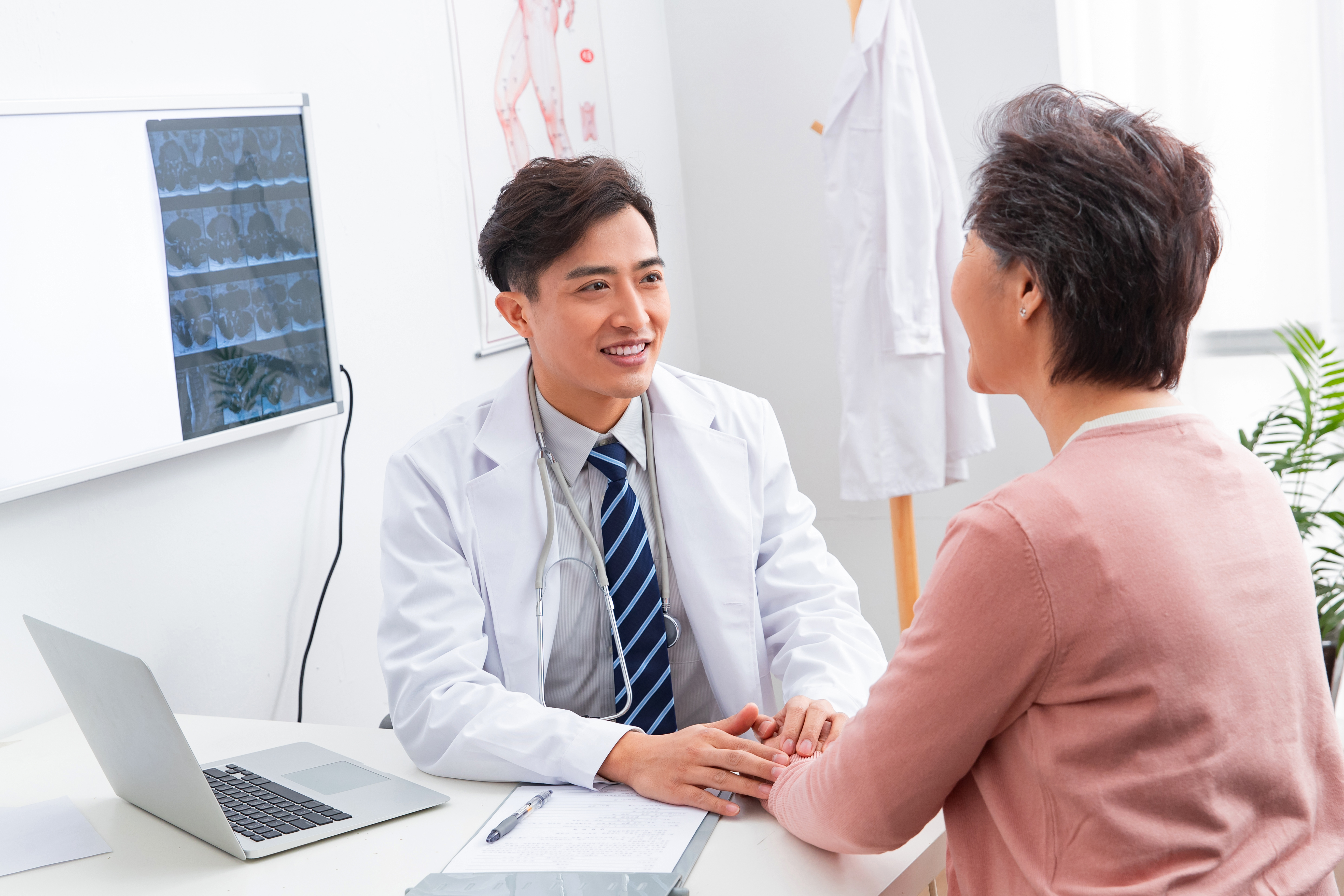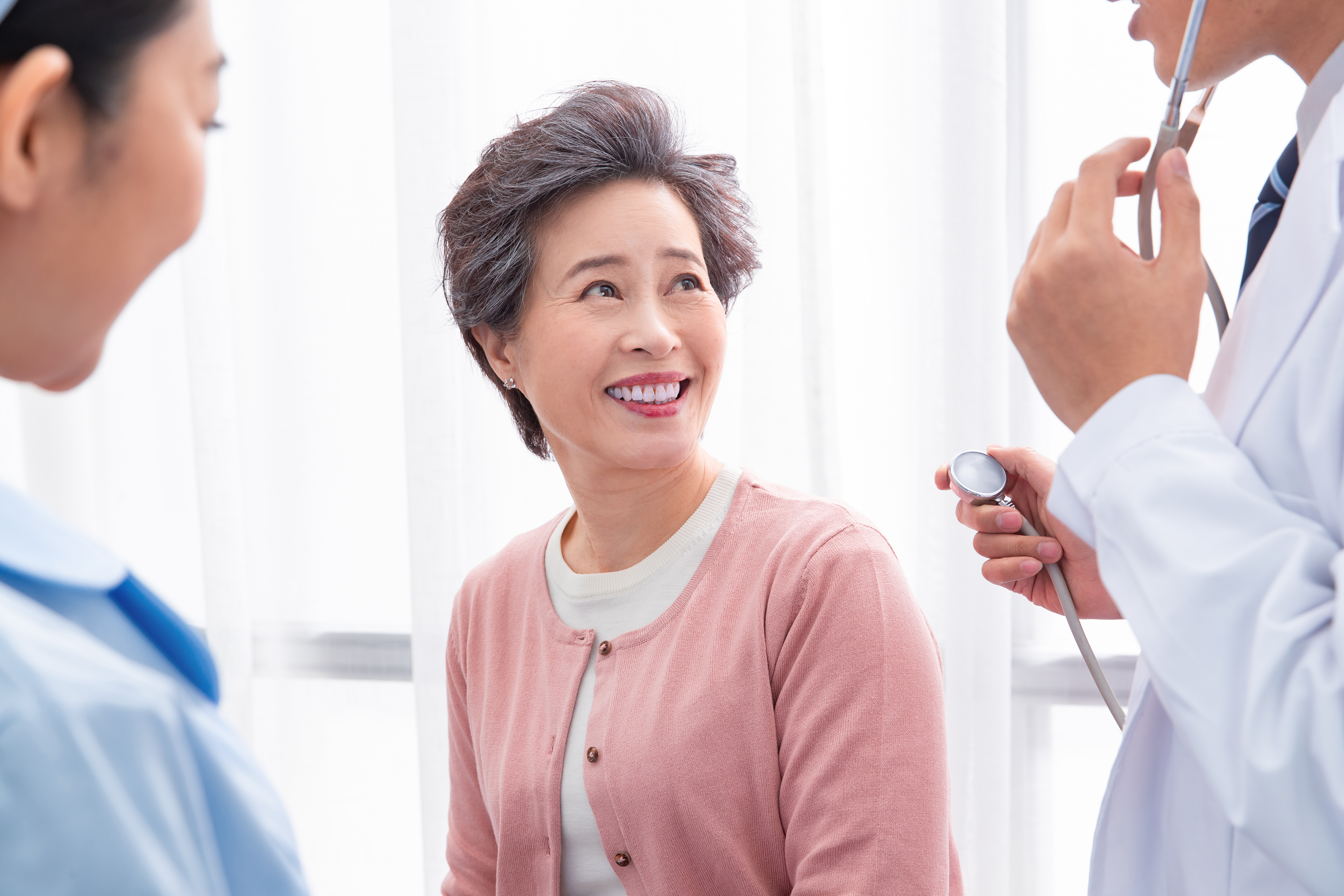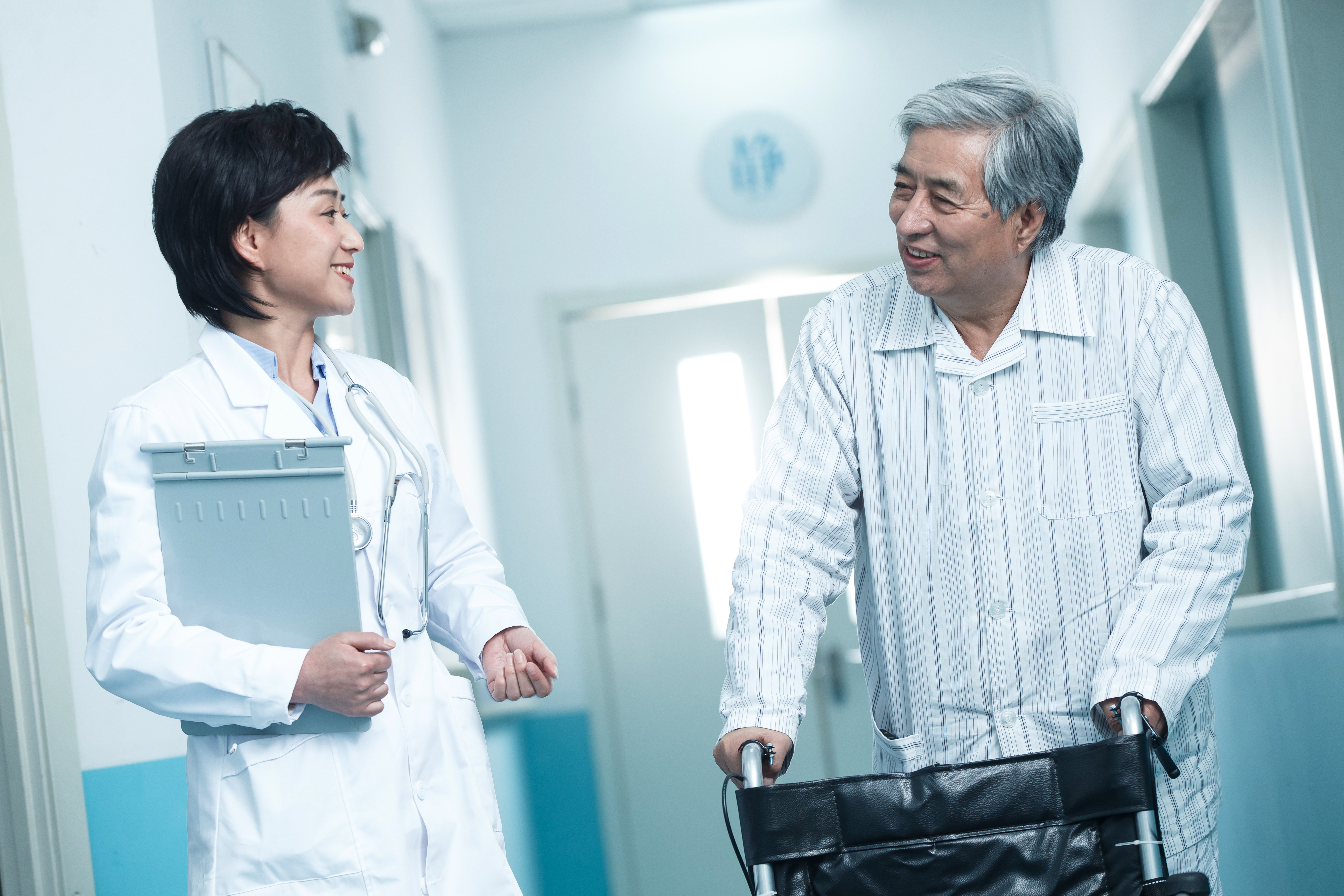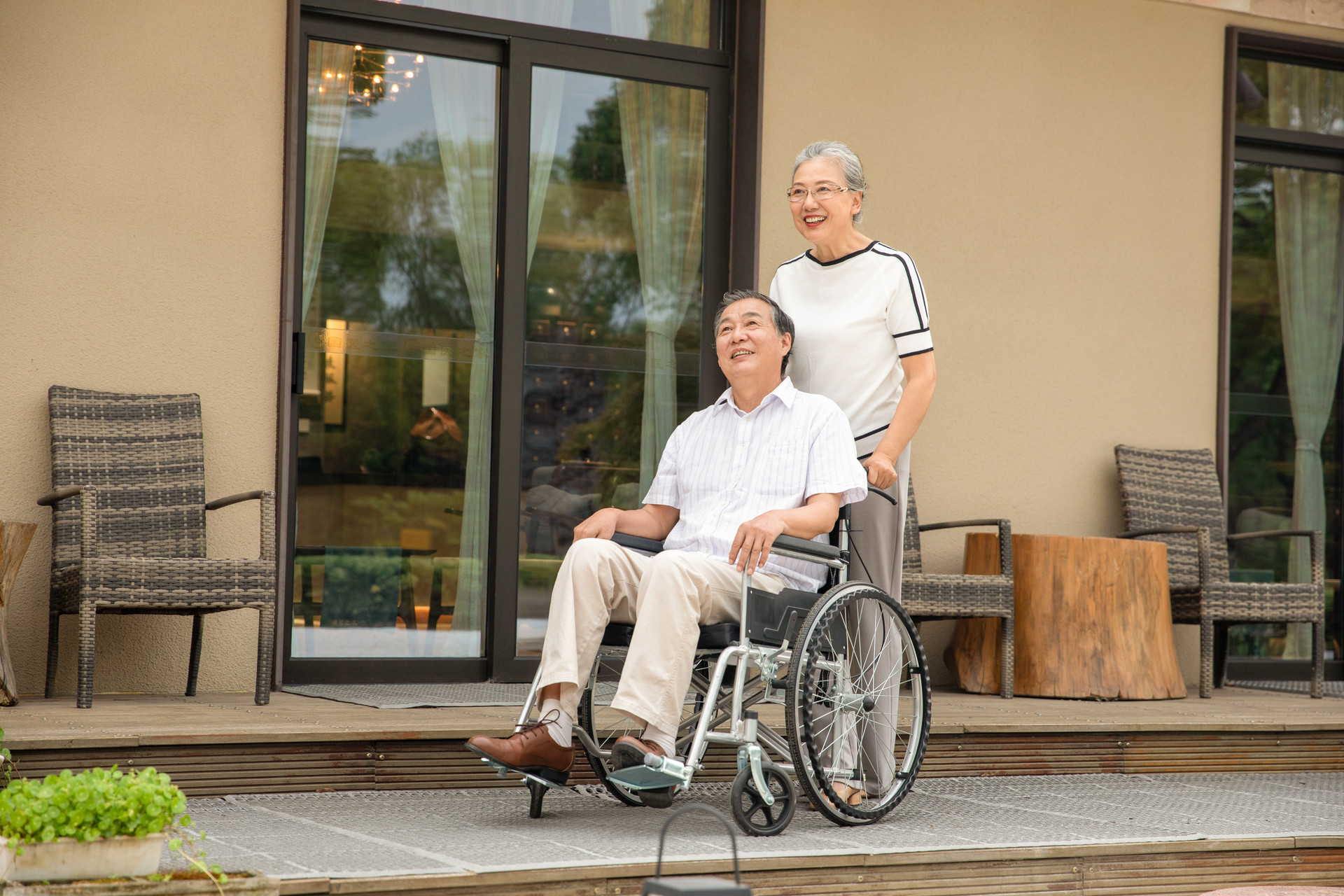Aging is an inevitable process that the human body goes through. It can be classified into physiological aging and pathological aging. By preventing and treating various diseases and delaying the aging process, one can achieve the goal of extending lifespan. Early treatment of pathological aging and early prevention of physiological aging are necessary measures to achieve this goal. Skin sagging, age spots, presbyopia, age-related hearing loss, memory decline, primary osteoporosis, and other signs are all early signs of aging. The principle of prevention and treatment during this period should be early detection, early correction, and delaying aging.
Skin Sagging
The thinning, sagging, lack of elasticity, and increased wrinkles in the skin are the most prominent features of aging skin, which are related to the abnormal function of various proteins caused by aging. According to traditional Chinese medicine, the lungs govern the skin and hair, and elderly people are prone to lung deficiency, resulting in thin and sagging skin. Lung Yin deficiency leads to dryness and withering of the skin.
To delay skin sagging, it is important to maintain a positive mindset, as negative emotions can affect the neuroendocrine system and accelerate aging. Oral antioxidants such as vitamins A, B, C, and E can be taken as medication. Traditional Chinese medicine focuses on nourishing Yin, nourishing blood, and moisturizing the skin. Medications such as Liuwei Dihuang Pill and Huichun Capsule can be used, as well as acupuncture points such as Zusanli, Xuehai, Dazhui, Fengchi, and Quchi. Qigong exercises such as internal cultivation, strengthening exercises, and the Six Character Decision are also beneficial. Full body massages, rubbing baths, and seawater baths are suitable for sagging skin.
Recommended dietary options include sesame porridge and Polygonatum chicken paste. Foods rich in protein and blood-nourishing effects such as milk, tofu, fish, and walnuts should be consumed. A specific prescription option is Huangqi Paste.
Age Spots
Age spots are black or brown spots on the skin of the elderly. The main cause is the accumulation of lipofuscin left over from metabolism. It can also invade the brain nerves, myocardium, liver, kidneys, and other organs, causing aging of these organs. Prolonged stimulation by physical or chemical factors can lead to malignancy. Traditional Chinese medicine believes that there is a distinction between benign and malignant pigmentary lesions, and age spots belong to the benign category, formed by the stasis of blood in the collaterals.
In prevention and treatment, it is important to avoid negative emotions that can affect neurovascular function and accelerate the formation of age spots. Western medicine options include antioxidant vitamins A, B, C, E, and selenium-containing enzymes. Traditional Chinese medicine focuses on warming the meridians, dispelling cold, and promoting blood circulation. Oral decoctions such as compound Danshen tablets, Wumei, and hawthorn can be used. Acupuncture points such as Zusanli, Sanyinjiao, Xuehai, and Quchi are selected. Qigong exercises such as internal cultivation and strengthening exercises are suitable. Full body massages are also recommended.
Dietary recommendations include Chinese herbal medicine preparations such as Qizhi Honey Paste. The diet should include fresh fruits, milk, eggs, lotus seeds, and melons. A specific prescription option is the combination of Forsythia and Lonicera Decoction, which has detoxifying and spot-removing effects.
Presbyopia
Presbyopia, commonly known as farsightedness, is a physiological change in the aging of the eyes, related to the gradual decrease in elasticity and reduced function of the crystalline lens. The main manifestation of presbyopia is a change in near vision, which usually occurs after the age of 40. Distant objects are clear, but near or small objects appear blurry. The diagnosis of presbyopia can be made after excluding eye diseases. According to traditional Chinese medicine, the eyes age with the body and are mainly related to the deficiency of the liver and kidneys, leading to liver and kidney Yin deficiency and internal heat rising, causing blurred vision.
To prevent and treat presbyopia, it is important to maintain psychological balance and pay attention to eye strain. Wearing reading glasses and taking oral supplements such as complex B vitamins, cod liver oil capsules, and vitamin E are recommended. Traditional Chinese medicine focuses on nourishing the essence, nourishing blood, and improving vision. Medications such as Lycium and Dihuang Pill and Bazhen Tang Plus can be used. Acupuncture points such as Jingming, Chengqi, Fengchi, Hegu, and Guangming are selected. Physical exercises such as qigong, tai chi, walking, and ball games are suitable, and the eyes should focus on greenery and distant horizons. Massage methods such as closing the eyes and rotating the eyeballs are beneficial.
Recommended dietary options include wolfberry wine, chrysanthemum tea, and mulberry chrysanthemum paste. The diet should include foods rich in vitamins, such as beans, fruits, leafy vegetables, and fish. A specific prescription option is chicken liver porridge.
Age-Related Hearing Loss
Age-related hearing loss is a progressive change that initially affects high-frequency hearing and gradually affects low-frequency hearing. As the frequency of speech varies, elderly people often only hear parts of the conversation. Although they know that others are speaking to them, they cannot understand the full sentences. Especially when multiple people are speaking at the same time with different tones, it becomes more difficult for the elderly to comprehend. The main cause of age-related hearing loss is degenerative changes in the nerves and blood vessels of the inner ear. Hearing tests show sensorineural hearing impairment, and the diagnosis can be made after excluding other diseases. Traditional Chinese medicine often attributes it to deficiency of the liver, kidneys, and spleen, resulting in lack of nourishment to the ear orifices.
Elderly individuals with hearing loss should not feel discouraged and should maintain an open mind while actively preventing and treating the condition. Western medicine options include vitamin A, C, E, and vasodilator drugs. Traditional Chinese medicine focuses on nourishing the liver, kidneys, and spleen. Medications such as Zuogui Pill, Yougui Pill, and Buzhong Yiqi Tang can be used, as well as Chinese herbal medicine preparations such as Shouwu Pill, He Shou Wu Pill, Liuwei Dihuang Pill, and Qiju Dihuang Pill.
Acupuncture can be applied to the ear gate, Tinggong, Tinghui, Yifeng, Hegu, and Waiguan points, and should be persisted with for a long time. Regular physical exercise is recommended. Massage techniques such as massaging the auricle or using the rubbing and drumming method on the ears should be performed regularly.
Recommended dietary options include sesame and Chinese yam paste. The diet should include fresh fruits, avoid smoking and drinking, and consume low-fat and low-cholesterol foods. A specific prescription option is a decoction made from Codonopsis, Atractylodes, Acorus, Schisandra, and Asarum.
Memory Decline
In general, the characteristic change in memory decline in the elderly is the decline in "recent memory," where they easily forget things that happened recently or in front of them but remember events from a long time ago. The main reasons for this are the inability of sensory organs to receive information effectively and the atrophy and aging of the cerebral cortex, leading to the degeneration of nerve cell functions. Traditional Chinese medicine attributes it to deficiency of the heart, spleen, and kidneys, resulting in emptiness of the brain marrow and lack of nourishment to the spirit.
To prevent and treat memory decline, individuals should engage in active thinking, deepen their understanding, and engage in repeated learning and practice. Western medicine options include anti-aging drugs such as vitamins A, C, and E. Traditional Chinese medicine treatments focus on nourishing the heart, kidneys, and spleen. Medications such as Xinshen Liujiao Tang, Guipi Tang, Fenghuang Jiang, and Brain Compound can be used.
Acupuncture treatment can be applied to the Shenque acupoint or needling points such as Zusanli, Guanyuan, Qihai, Dazhui, Shenzhu, and Shenshu, and should be persisted with for a long time. Physical exercises such as cold water baths, tai chi, jogging, walking, swimming, and Chinese health preservation exercises are suitable. Massage techniques can be applied to the head or whole body. Recommended dietary options include walnut porridge, Tianma pig brain soup, and Cordyceps steamed pig brain. The diet should include eggs and meat.



